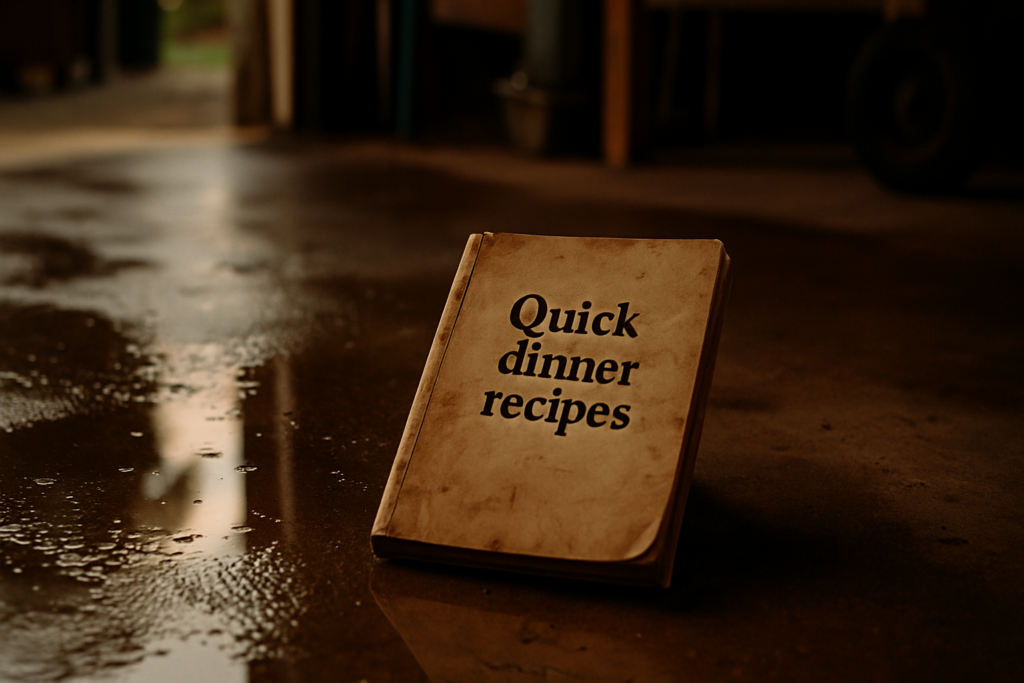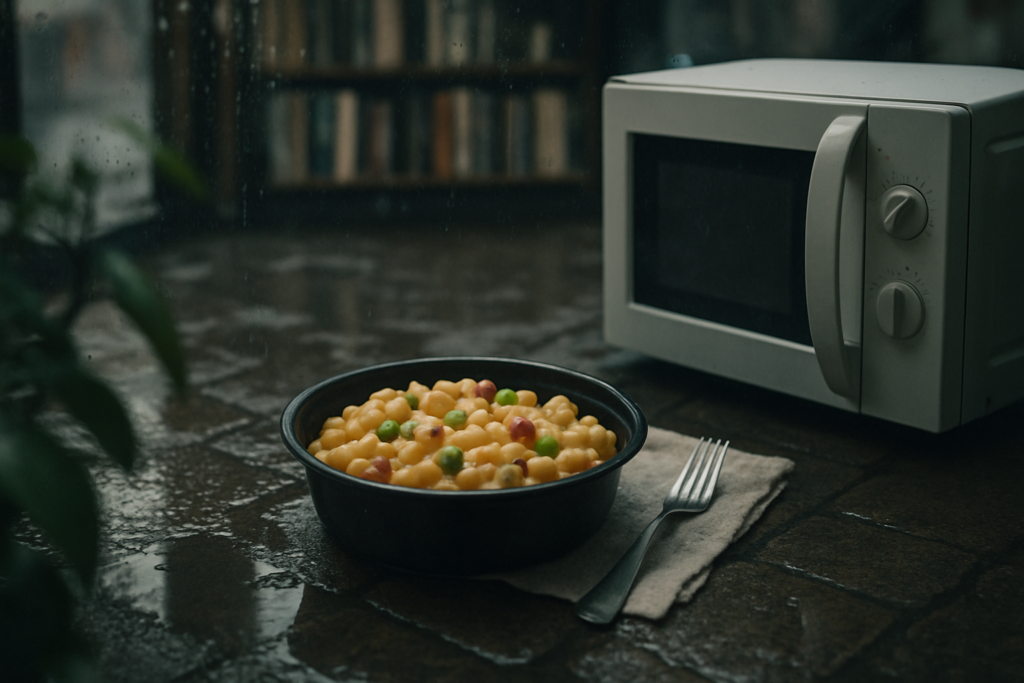Ever notice how much mental load goes into just figuring out what to cook each day? For many families, meal decisions are a constant source of stress.
But here’s the thing: adding a bit of structure and using some simple strategies can make meal planning not only manageable but actually enjoyable.
This is Why Meal Planning Can Change Your Routine
It’s important to understand the benefits of having a meal planning routine. Having a weekly plan can lighten your daily load exponentially.
Plus, it could also help you to eat healthier because, as you’ll be planning your meals with time and thought, you’ll be less likely to grab whatever you see in your refrigerator first. If that’s not enough of a benefit, think that you could also save money and reduce waste, as every meal will be more controlled.
Step 1: Have a Schedule
Before you plan any meals, take a look at your upcoming week. Are there late workdays? Social events? After-school activities? Your first step should be to prepare for the days you’ll need quick meals, leftovers, or dinners out.
Create Meal “Themes”
One fun and effective way to simplify planning is by assigning themes to different days of the week. Themes help narrow your choices and create a comforting rhythm. For example:
- Meatless Monday;
- Taco Tuesday;
- Slow Cooker Wednesday;
- Leftover Thursday;
- Pizza Friday;
- Simple Saturday;
- Family Roast Sunday.
Step 2: Have an Updated Inventory of Your Groceries
Go through your fridge, freezer, and pantry before building your plan. Think of what’s already in there and what you can use up. That half-bag of frozen veggies could inspire a savory pie.
Think about it: keeping conscious track of what you have will inevitably save you money. Additionally, reducing cooking time could drastically change your routine, as a recent survey reveals that the average American spends more than 1000 hours per year in the kitchen.
Step 3: Build Your Weekly Meal Plan Framework
The key for this step is to keep things manageable and start with planning just dinners, and if that goes well, expand to lunches and breakfasts.
When picking meals:
- Aim for 3–4 core meals you love.
- Add 1–2 easy repeats or leftovers.
- Leave room for spontaneity or takeout.
Step 4: Meal Prep: Your Future Self Will Thank You
You don’t need to spend hours in the kitchen if you plan smart. There are many tasks that you can do in under 1 hour or while you do other chores. Think about chopping vegetables or cooking big batches of grains or pasta.
Step 5: Don’t be Afraid to Improvise
You might not always be able to follow your schedule, and that’s okay! If your week’s plans change, just adjust and carry on.
For example, if you ever find yourself with just one or two ingredients you don’t know how to blend, do not discard them and use social media or internet blogs to help you. Even if you want to access region-restricted content, you can do it if you get a VPN.
Weekly Meal Planning Tools You’ll Love
Do not forget that you’re not alone in the process; there are tools for almost everything these days. It’s truly just a matter of searching and adapting. Here’s a list of resources you could check out:
- Meal Planning Apps: Apps like Paprika, Mealime, and Eat This Much could help you ease the meal prep step.
- Printable Meal Planner Sheets: It’s always useful to have visual help when organizing things. Consider using a meal planner design that you like.
- Grocery Delivery Services: Lots of cities have grocery delivery services, so why not try them too?
- Pinterest Boards: You gotta love a good Pinterest board when it comes to organizing events or situations; meal prep is not the exception to this rule.
Use whatever tools work best for your lifestyle and needs. This is just a short and simple list of some available resources, but there are many more online.
Common Meal Planning Mistakes
These are the situations you want to avoid when creating your meal plan:
- Overplanning: Don’t try to do it all at once, because it might frustrate you and push you to quit.
- Choosing complicated meals: Easy on yourself! Stick to simple recipes and leave the complex ones for later.
- Do not forget leftovers: Schedule a leftover night from time to time, so nothing goes to waste!
Final Thoughts
Be patient with yourself and start small because Meal Prep takes time and practice, just like anything else in life.
With time, you’ll improve and start feeling more comfortable. And, if you ever feel overwhelmed by the work, think about the time and money you’ll be saving. This may be the motivation you need!


 Culinary Expert
Edward brings a wealth of knowledge to the Food Meal Trail team, specializing in culinary techniques and gourmet cooking. With years of experience in professional kitchens, he shares his insights through engaging articles that simplify complex recipes. Edward is passionate about helping home cooks elevate their skills and create memorable dining experiences.
Culinary Expert
Edward brings a wealth of knowledge to the Food Meal Trail team, specializing in culinary techniques and gourmet cooking. With years of experience in professional kitchens, he shares his insights through engaging articles that simplify complex recipes. Edward is passionate about helping home cooks elevate their skills and create memorable dining experiences.
